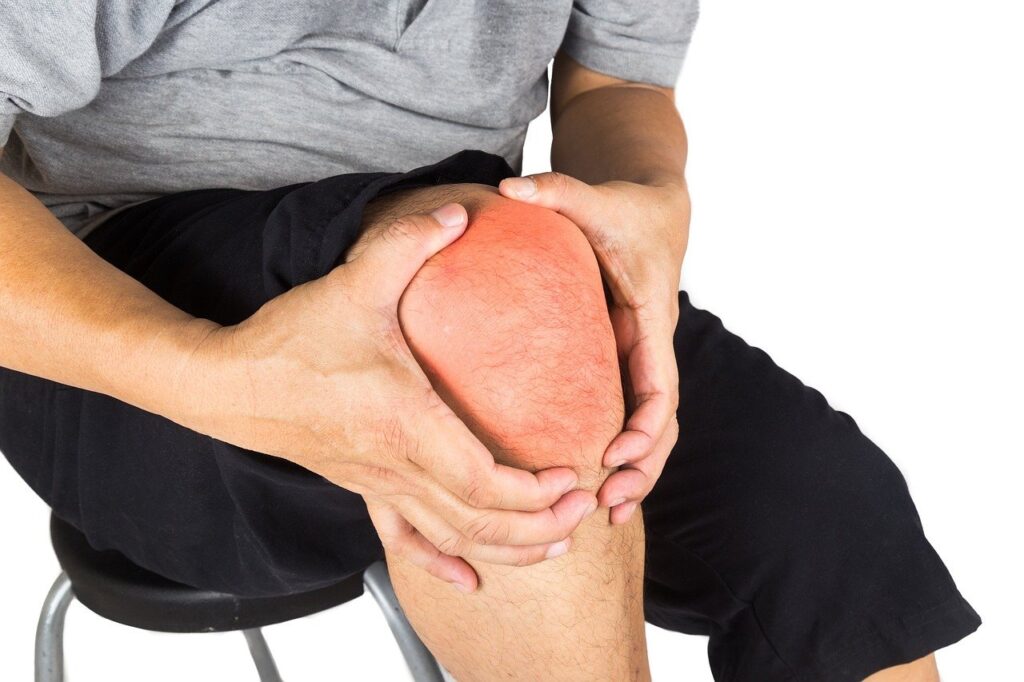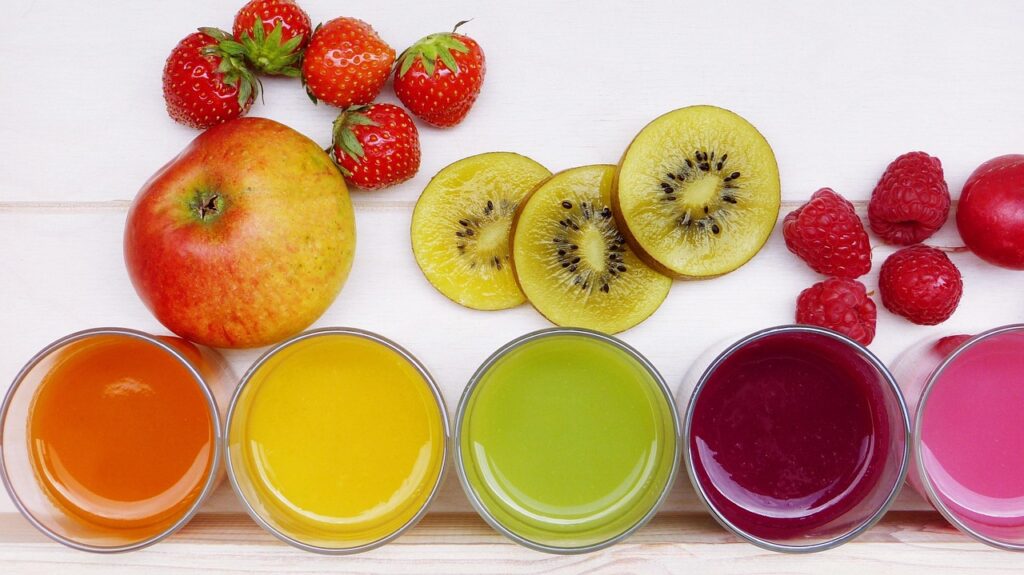We all want to live healthier lives—eat better, exercise more, sleep longer, and meditate our stress away. That’s the dream, right? But what if some of those well-intentioned habits are secretly turning up the volume on your anxiety? It happens more often than you’d think. Sometimes, what looks like a self-care win can quietly morph into a stress-inducing trap. Here’s how it happens—and what you can do to stop it.
1. Over-Exercising: When Fitness Becomes a Frenzy
Exercise is one of the best tools for managing anxiety. It boosts endorphins, clears your mind, and strengthens your body. But if you’re constantly chasing the next workout high, you might be doing more harm than good. Pushing too hard without enough rest can flood your body with stress hormones like cortisol, which ironically can fuel anxiety.
If your workouts leave you feeling more drained and jittery than energized, it’s time to rethink your routine. Rest days aren’t lazy—they’re necessary. Swap a few high-intensity sessions for yoga or a nature walk, and give your nervous system a break.
2. The ‘Clean Eating’ Trap
There’s nothing wrong with wanting to eat clean—fresh fruits, veggies, and whole foods are great for your body and mind. But when clean eating turns into an obsession with cutting out entire food groups, it can trigger a dangerous cycle of restriction and anxiety. This is sometimes called orthorexia, a fixation on “perfect” eating that leaves little room for balance or flexibility.
Constantly stressing about every bite? That mental load can weigh you down, leading to more anxiety around food choices. Give yourself permission to enjoy all foods in moderation, without guilt. Your mind will thank you.
3. Too Much Caffeine: The Hidden Anxiety Accelerator
We get it—coffee is life. But that extra cup (or two… or three) might be doing more than just keeping you awake. Caffeine is a stimulant, which means it cranks up your heart rate and can mimic the physical symptoms of anxiety.
Even if you’re not ready to ditch your morning brew, cutting back could be a game-changer. Try switching to green tea or decaf after lunchtime to avoid those caffeine-induced jitters that often spiral into full-blown anxious thoughts.
4. Always Saying Yes: The Productivity Trap
You’ve probably heard that staying busy is a good way to avoid overthinking. And sure, having goals and structure can help manage stress. But there’s a fine line between staying active and stretching yourself too thin.
The constant pressure to do more can leave your brain in a perpetual state of fight-or-flight mode. That’s anxiety’s playground. Learning to say no—without apology—is one of the healthiest habits you can adopt.
Here’s a rule of thumb: If it’s not a “hell yes,” it’s a “no.” Trust that the world will keep spinning if you don’t volunteer for the fifth committee this month.
5. Sleep Obsession: The Paradox of Perfection
Good sleep is crucial for mental health, but becoming too focused on sleep hygiene can backfire. If you’ve ever stared at the clock, willing yourself to sleep because you need those eight hours—or else—you know how quickly calm can turn to panic.
Ironically, the stress of trying to sleep perfectly can lead to insomnia, which only makes anxiety worse. Instead of chasing sleep perfection, focus on building a relaxed evening routine. No one sleeps like a baby every night, and that’s okay.
How to Break the Cycle
If some of these habits sound familiar, you’re not alone. The key isn’t to ditch your healthy goals but to approach them with flexibility and self-compassion.
- Listen to Your Body: It knows when you’re pushing too hard. Trust those signals.
- Challenge Perfectionism: Healthy living isn’t about doing everything “right.” It’s about balance.
- Prioritize Joy: Not every meal needs to be a superfood masterpiece, and not every workout needs to be a PR.
- Ask for Help: Whether it’s from a therapist, a friend, or an online support group, you don’t have to navigate anxiety alone.
Remember: The healthiest lifestyle is one that supports your mind and your body. A little kindness toward yourself can go a long way.








